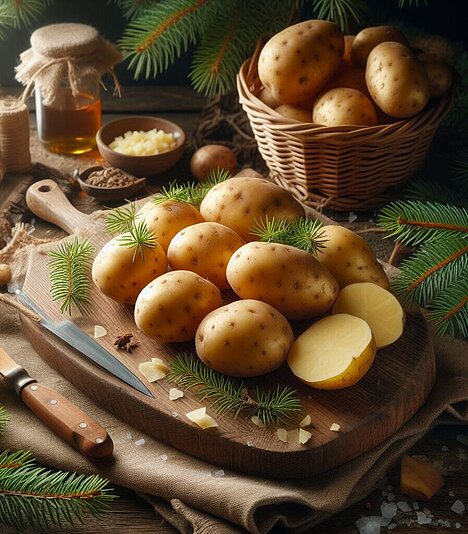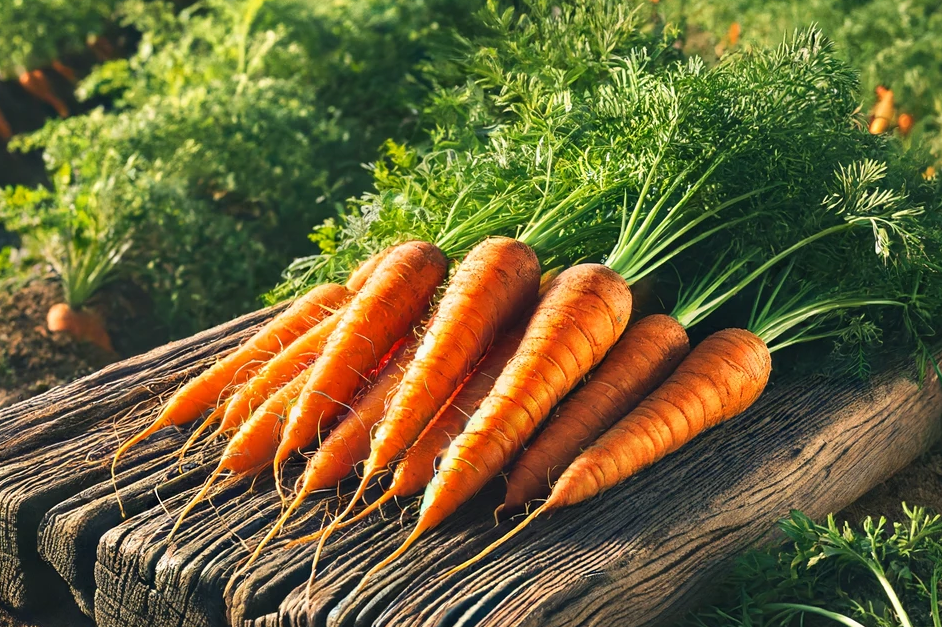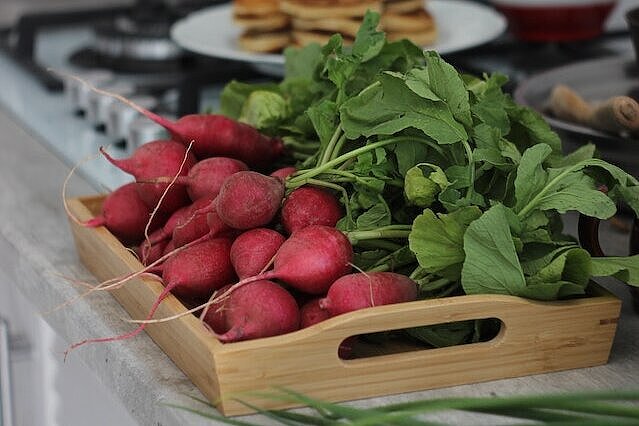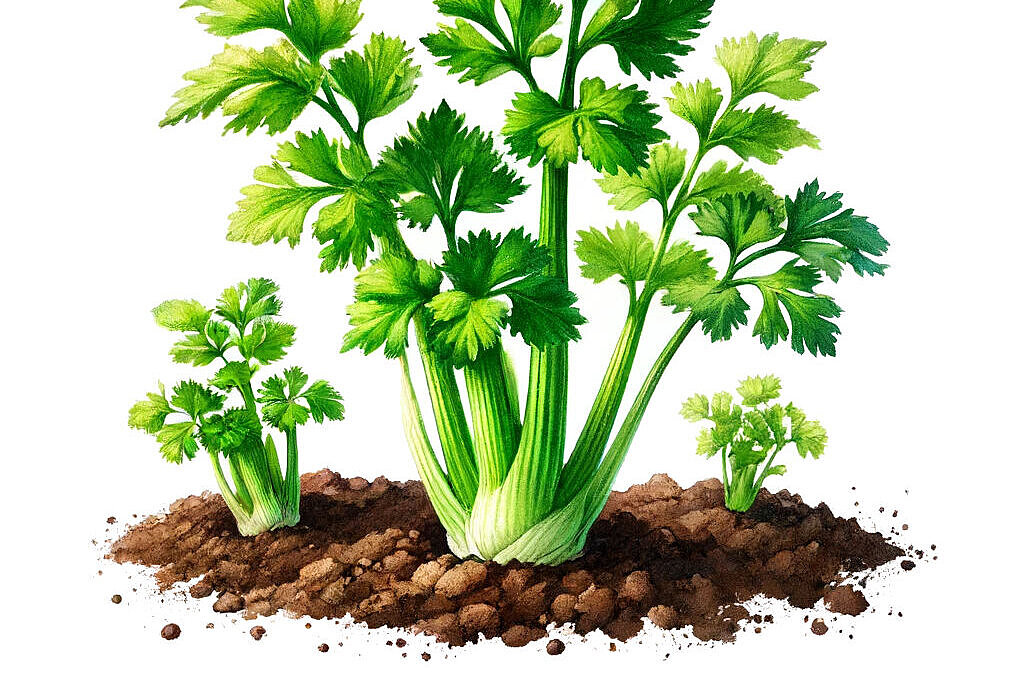Potatoes

Potatoes as a source of carbohydrates
Potatoes consist of 78% water and 18% carbohydrates. Carbohydrates are not essential for dogs, but can be a good source of energy, especially for active or sporty dogs. Carbohydrates are broken down in the body into glucose, which is used as fuel for the muscles and brain. Potatoes have a low glycemic index, i.e. they cause blood sugar levels to rise only slowly and provide long-lasting satiety.
Potatoes as a source of protein
Potatoes contain a lot of protein, which is vital for dogs. Proteins are made up of amino acids, which are needed to build and maintain muscles, skin, hair, organs, hormones and enzymes. Potatoes contain all nine essential amino acids that dogs cannot produce themselves and must consume with their food. Potatoes have a high biological value, i.e. they can be easily utilized by the body. Potatoes can therefore be a good supplement to animal protein sources such as meat, fish or eggs.
Potatoes as a source of vitamins and minerals
Potatoes are rich in various vitamins and minerals that are important for the health and immune system of dogs. Potatoes contain vitamin C in particular, which has an antioxidant effect and protects the cells from free radicals. Vitamin C also promotes wound healing and the formation of collagen, which is responsible for the elasticity of skin and joints. Potatoes also provide B vitamins, which are important for metabolism, nerve function and blood formation. Potato minerals include potassium, calcium, magnesium and phosphorus. These are important for the functioning of the heart, muscles, bones and teeth.
Feeding potatoes correctly
Potatoes are a healthy and tasty side dish for dogs that you can offer them regularly. However, there are a few things you should bear in mind to avoid potential problems. Firstly, you should always cook potatoes before giving them to your dog. Raw potatoes contain solanine, a toxic substance found in the skin and green parts of the tuber. Solanine can cause gastrointestinal problems, vomiting, diarrhea, cramps and even death in dogs. For this reason, you should always remove the skin and green parts and cook the potatoes thoroughly. In addition, potatoes should only ever be fed as a side dish and not as the main food. Potatoes alone do not cover your dog's entire nutritional requirements. Too many potatoes can also lead to obesity and bloating. The amount of potatoes should therefore be adapted to the dog's size, weight, age and activity level. As a rule of thumb, potatoes should not make up more than 10 percent of your dog's daily calorie intake. In addition, potatoes should always be fed unseasoned and without salt, butter, cream or other additives. These can be harmful to dogs and lead to digestive disorders or allergies. If you want to feed potatoes as mash, you can mash them with a little water or broth. You can also add some vegetables or meat to make the meal more varied and tasty.
Potatoes are therefore a healthy and tasty side dish for dogs that you can offer regularly. They provide healthy carbohydrates, proteins, vitamins and minerals that are important for your dog's health and well-being. However, make sure you always boil the potatoes, remove the skin and green parts, measure out the quantity precisely and do not use any spices or additives. In this way, you are making your dog happy and doing him something good.
Properties 4
Are you looking for other ingredients with a specific property?
Just click on them to find more.
If you notice any signs of hypersensitivity or poisoning in your dog, you should see your vet immediately. We are not a substitute for a vet, but we try to be as accurate as possible. Every dog reacts differently and we recommend you get a second opinion or consult your vet if in doubt.
Stay healthy and take good care of your four-legged friend!😊
Similar to Potatoes
Carrots are root vegetables that belong to the umbellifer family. They have an orange color, which comes from the plant pigment beta-carotene. This is converted in the body into vitamin A, which is...
Kohlrabi can have several health benefits for dogs when fed in moderation. For one, kohlrabi can aid digestion because it contains a lot of water and fiber. Fiber can also help regulate blood sugar...
Radishes belong to the cruciferous family, which also includes broccoli, cabbage and mustard . They contain a lot of mustard oil, which is responsible for their typical taste. They also have a high...
Celery is a plant from the umbellifer family that occurs in various forms. The best known are white celery, celeriac and cut celery. Celery has long, green stalks with leaves that are often eaten as...



